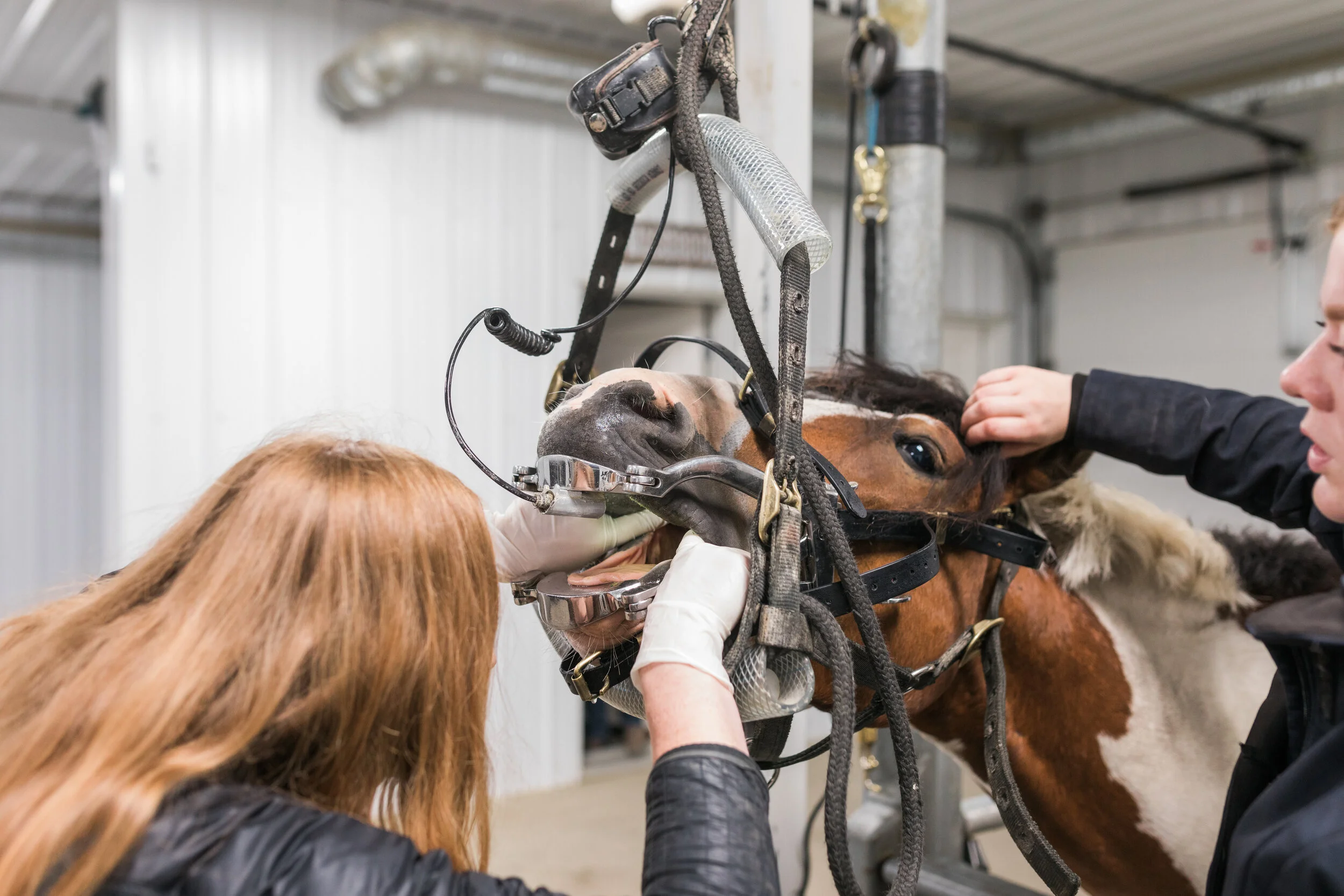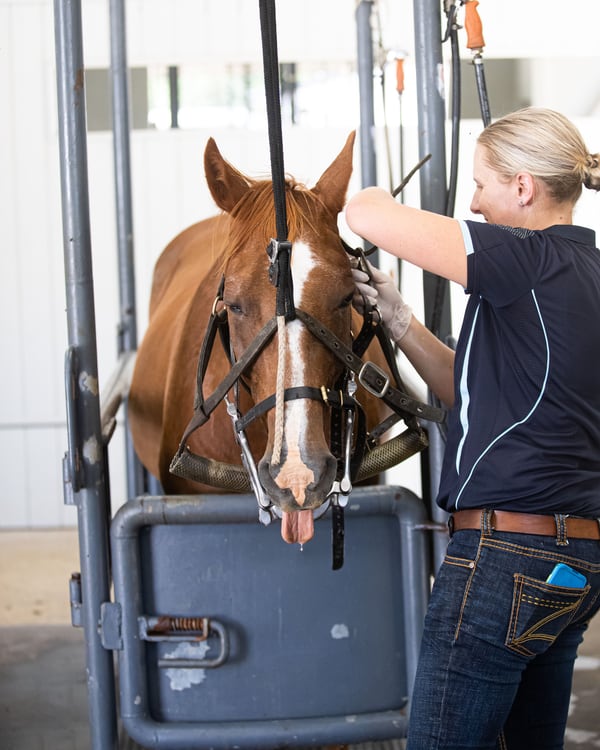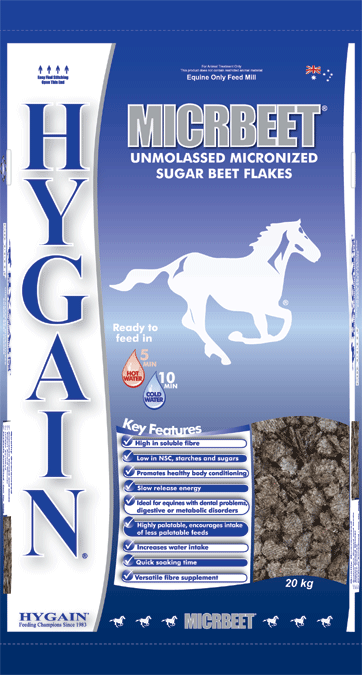Feeding Horses with Dental Problems: A Comprehensive Guide

Caring for horses with dental issues requires special attention to their diet and feeding practices. Dental problems can affect a horse’s ability to chew properly, leading to nutritional deficiencies and digestive issues. This article explores effective strategies to feed horses with dental problems, ensuring their health and comfort.
Understanding Equine Dental Problems

Horses can suffer from various dental issues such as sharp enamel points, loose or missing teeth, wave mouth, and periodontal disease. These conditions can cause pain, difficulty chewing, and weight loss.
| Common Dental Problems | Description |
|---|---|
| Sharp Enamel Points | Overgrowths on the edges of teeth causing mouth ulcers |
| Loose or Missing Teeth | Teeth that are unstable or absent, affecting chewing efficiency |
| Wave Mouth | Uneven tooth wear creating a wave-like pattern |
| Periodontal Disease | Infection of the gums and supporting structures |
Signs Your Horse May Have Dental Issues
- Dropping food while eating
- Excessive salivation
- Bad breath
- Weight loss despite adequate feeding
- Head tossing or resistance when bridled
Recognizing these signs early can prompt timely veterinary dental care.
Feeding Strategies for Horses with Dental Problems
1. Modify Feed Texture
- Soften hay and feed: Soaking hay cubes or pellets in water can make them easier to chew.
- Use chopped or pelleted feeds: These are less demanding on the teeth.
2. Nutritional Considerations
- Provide a balanced diet rich in fiber but easy to digest.
- Include supplements if recommended by a veterinarian.
3. Feeding Frequency and Environment
- Offer smaller, more frequent meals to reduce chewing strain.
- Ensure a calm feeding environment to encourage eating.
Sample Feeding Plan
| Time | Feed Type | Preparation |
|---|---|---|
| Morning | Soaked hay cubes | Soaked for 30 minutes |
| Midday | Pelleted feed | Dry or lightly moistened |
| Evening | Chopped forage mix | Fresh and soft |
Frequently Asked Questions (FAQ)
Q1: Can horses with dental problems eat regular hay?
A1: Regular hay may be difficult to chew; soaking or chopping is recommended.
Q2: How often should a horse with dental issues see a vet?
A2: At least twice a year for dental check-ups and floating.
Q3: Are there special supplements for dental health?
A3: Yes, some supplements support gum health and tooth strength.
Q4: What are the risks of ignoring dental problems?
A4: Poor nutrition, weight loss, and secondary health issues.
Conclusion
Feeding horses with dental problems requires thoughtful adjustments to their diet and feeding routine. By recognizing dental issues early and adapting feeding strategies, horse owners can help maintain their animals’ health and quality of life.
For more detailed advice, always consult with an equine veterinarian or an equine nutritionist.
